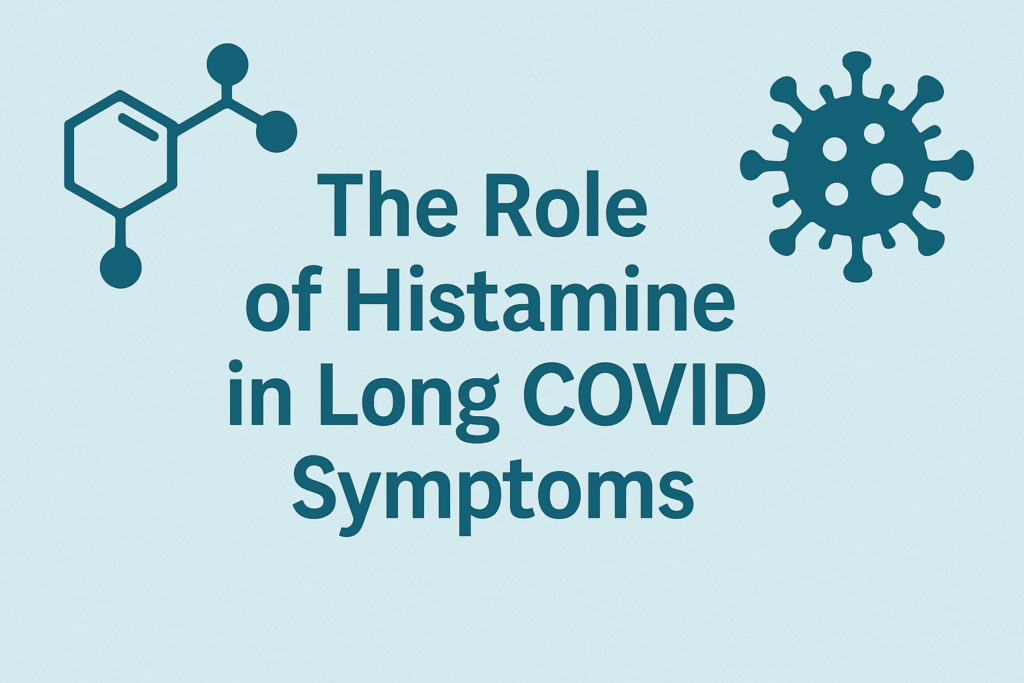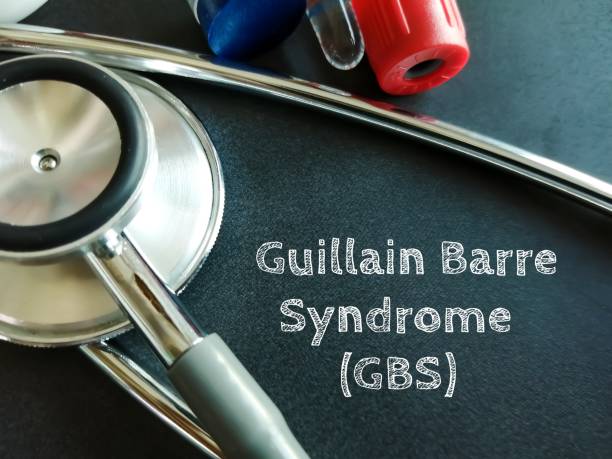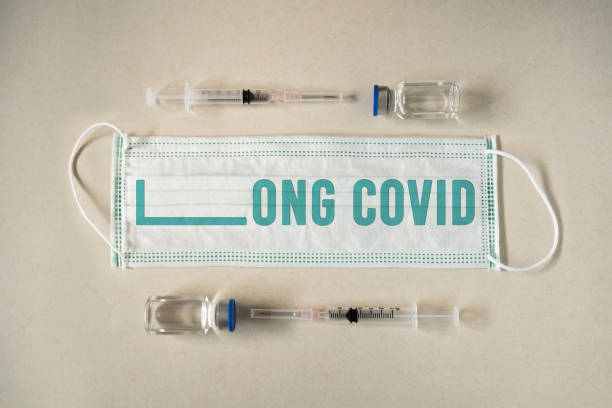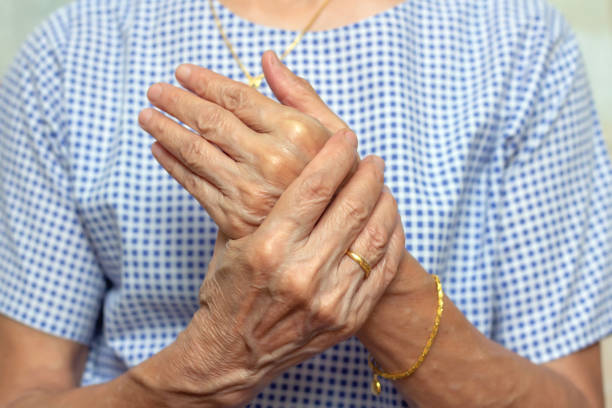When COVID-19 first swept across the globe, most of us expected it to be a short-term illness. But for many, the story didn’t end after the fever broke or the cough cleared. Instead, a strange and frustrating collection of symptoms lingered—brain fog, fatigue, rashes, palpitations, dizziness. If you’ve been searching for answers, you might have come across a surprising word: histamine. Usually associated with allergies and hay fever, histamine is now at the center of emerging research into Long COVID. Could this common compound be responsible for some of the persistent symptoms? Let’s unpack what science is beginning to reveal.
What Is Histamine, and Why Should You Care?
You may know histamine as the thing that makes your nose run when pollen is in the air. But it’s so much more than that. Histamine plays key roles in the immune system, digestion, and even communication between nerve cells. It’s stored in mast cells and released when the body perceives a threat. That threat could be a virus, a bite, or even stress. When histamine is out of balance, it can cause a broad range of symptoms—many of which mirror what Long COVID sufferers report. From gastrointestinal trouble to itchy skin to that heavy, foggy feeling in the head, histamine may be more involved than we once thought.
Long COVID and Histamine Overload
A growing number of scientists believe that Long COVID may, in part, be a histamine intolerance or mast cell activation syndrome (MCAS) in disguise. In simple terms, the body stays in fight mode long after the virus is gone, and mast cells start behaving erratically. These immune cells release too much histamine, flooding the system and leading to symptoms like fatigue, brain fog, fast heart rate, and hives. According to research published in Frontiers in Pharmacology, this could explain why antihistamines help some Long COVID patients (PMC). While it’s not yet definitive, it’s a compelling clue that demands more attention.
Can Antihistamines Really Help?
Interestingly, over-the-counter antihistamines have become a lifeline for some people with Long COVID. A small study in Frontiers in Cardiovascular Medicine reported that both H1 and H2 blockers (think loratadine and famotidine) provided symptom relief in patients struggling with cardiovascular symptoms post-COVID (PMC). These medications don’t cure the condition, but they may reduce the overload of histamine and calm the chaos in the body. Of course, they’re not for everyone, and more large-scale studies are needed. But if your doctor approves, it might be worth exploring.
Should You Try a Low-Histamine Diet?
Some people with Long COVID swear by a low-histamine diet. This usually means avoiding aged cheeses, fermented foods, smoked meats, and leftovers—all of which are high in histamine. While anecdotes abound, the British Dietetic Association recommends caution, pointing out that there isn’t enough evidence yet to make broad dietary recommendations (BDA). Still, for individuals with clear food triggers, this approach may provide some relief. If you suspect histamine sensitivity, it’s best to work with a qualified practitioner rather than self-diagnosing.
Where the Research Is Headed
The connection between histamine and Long COVID is still evolving. Scientists are currently investigating whether histamine blockers, mast cell stabilizers, or anti-inflammatory diets can offer long-term relief. The bigger question is: why does COVID-19 seem to destabilize the body’s histamine regulation in the first place? Studies like this one in Nature Reviews Immunology aim to untangle the complex interplay between the virus, immune response, and lingering symptoms (Nature). Until we have more answers, approaches will remain largely trial-and-error, tailored to each individual’s experience.
Final Thoughts
If you’ve been dealing with strange, ongoing symptoms after COVID-19, you’re not alone—and you’re not imagining things. The role of histamine in Long COVID offers one possible explanation for the whirlwind of discomfort many are facing. Whether it’s brain fog, digestive upset, rashes, or chronic fatigue, your symptoms deserve attention and compassion. Talk to your healthcare provider about the possibility of histamine involvement. Early intervention and a better understanding of your body could make all the difference on your path to recovery.




